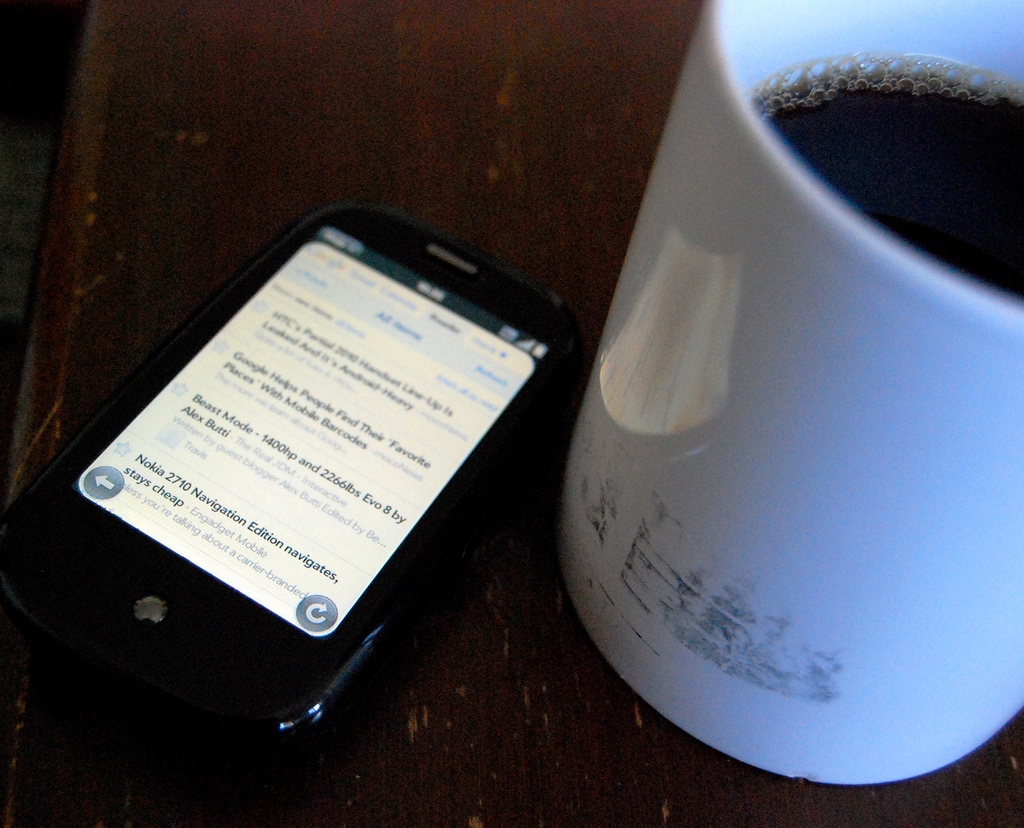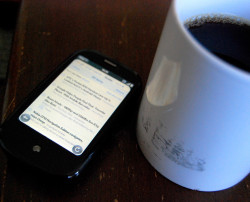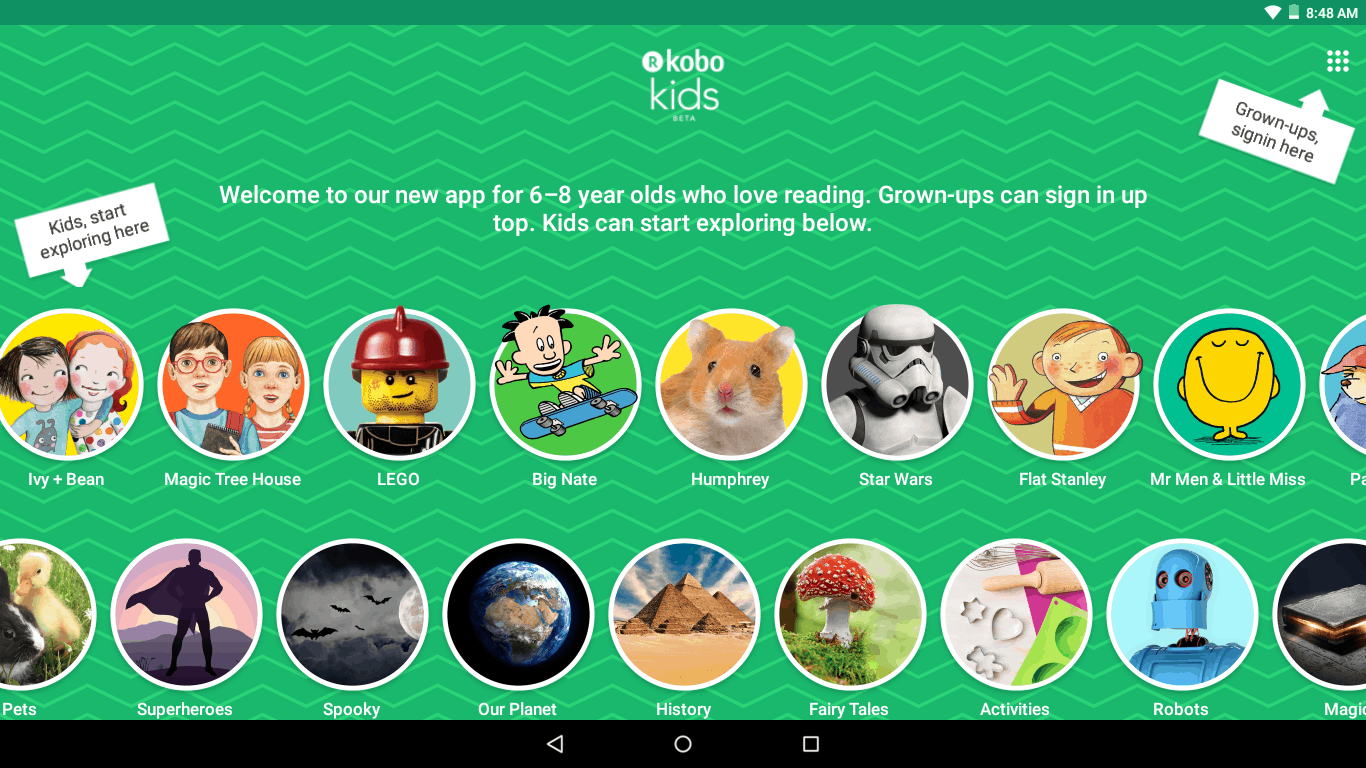How Google’s Blunder Was Apple’s and Facebook’s Opportunity (Google Reader)


Bob Lefsetz has a new post up today that argues that the real key to the impending success of Facebook Instant Articles is not just that Facebook has all the eyeballs but also people don’t want to have to go to multiple places to get their news. Aggregation and comprehension is the key:
We live in an era of chaos.
Zuckerberg is trying to deliver comprehension.
That’s what Facebook’s news play is all about. Turns out people don’t want to go to individual news sites for information, they want it all in one place. So, the “New York Times” is hurting, even with its soft paywall. Its goal is to get those already paying to pay more, which is positively fatuous, it’s like an indie bookstore trying to get fat cats to donate to ensure their survival. You don’t bleed those already invested, you find new customers, or you pivot. Facebook has cornered the users, that’s what it’s delivering to news outlets. It’s the old portal paradigm, but with a lot less investment.
That is the better theory; it explains why Flipboard and other aggregators rose to prominence in 2010 (and why Flipboard still has a decent userbase). It also implies a point I left unstated when I reported on Feedly yesterday, which is that the demise of Google Reader left an attention vacuum for Apple News, Feedly, and others to fill.
The rise of Google Reader and Feedly, as well as the announcement of Apple News and Facebook Instant Articles, all derive from people valuing aggregation and/or delivery. Convenience wins out every time, and web publishers are going to need to remember that.
It’s a shame Google didn’t figure that out in time to save Google Reader; they had all those eyeballs concentrated in one service and then turned them loose. Google’s mistake was that they thought social media was the key, so they killed Google Reader in favor of Google Plus.
And two years, later I’m glad they did.
Google Reader was free and so widely used that innovation had stalled in that market. The fact of the matter is, if Google Reader still existed then Apple News and Facebook Instant Articles would be dead in the water. You would be reading this in Google Reader, and Google would still have you by the eyeballs.
Instead we have a host of competing services, and even Facebook and Apple are throwing ideas against the wall to see what sticks.
Now would be a good time to thank Google for their mistake, don’t you think?
image by troyjmorris

Comments
Anne July 15, 2015 um 2:41 pm
No! I’m still unhappy about Google Reader going away. I don’t do Facebook or Apple anything. I do use Inoreader these days but I still prefer the old Google Reader set up.
Ok, that was my first reaction to your question. My second reaction is that I learned to not count on Google for anything after GR and at this point the only Google in my life is the unused gmail account that is on my Android phone and tablet as well as periodic visits to Google News. Any website that wants me to register or login using Facebook or Google is a website I don’t need. That decision was easy to make after Feedly went and switched everyone to a Google Plus account way back when.
I have to give you credit in that one of your postings was the one that finally pushed me to DDG for my default search. The transition from Google went pretty smoothly for me and now I can’t remember the last time I used it.
Big picture- I agree with your point about competition. Little picture- If you want me to give your service a try, skip the logins with Google, Facebook, Apple, Amazon, etc. as I go to great lengths to avoid cross contamination.